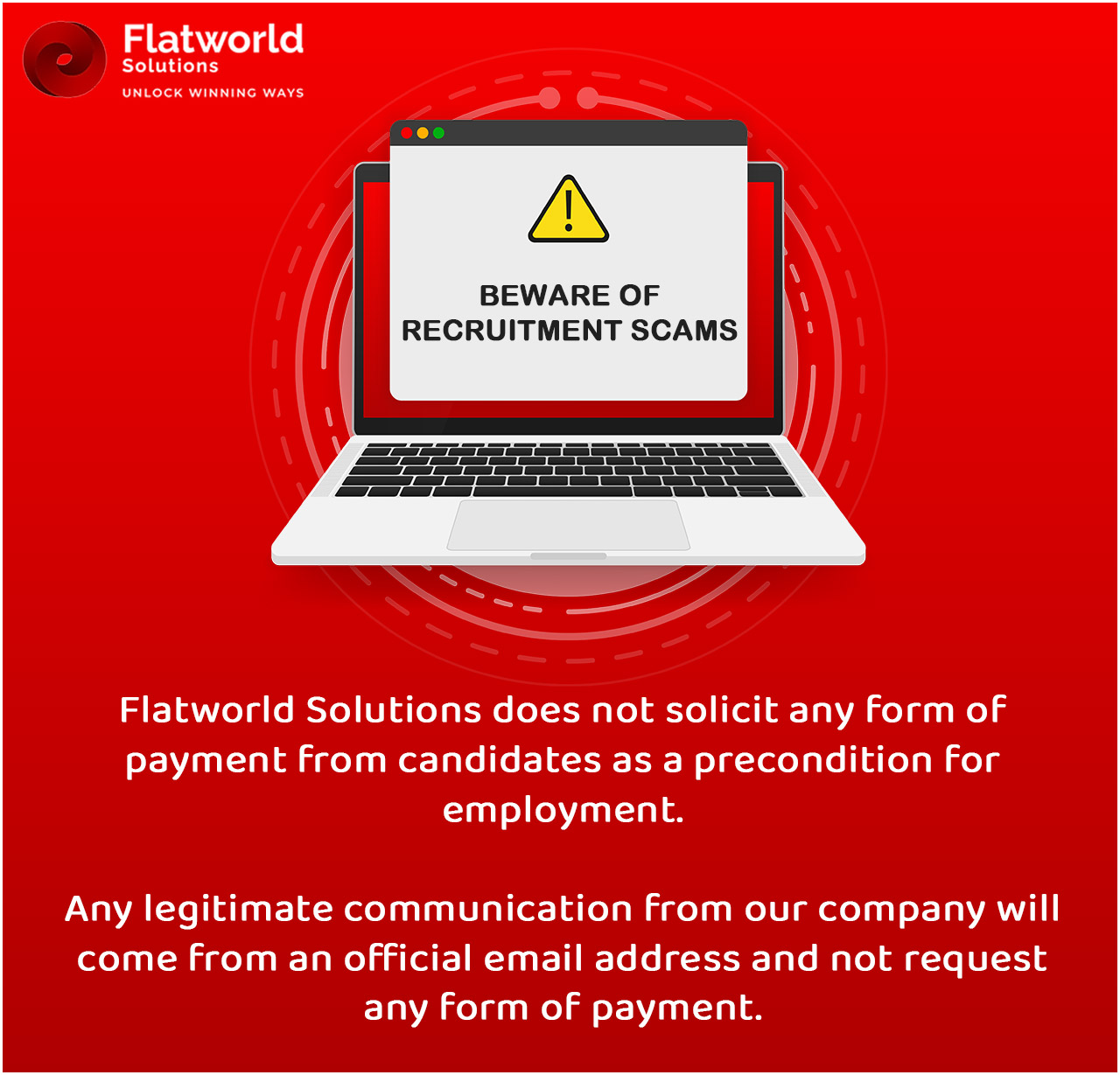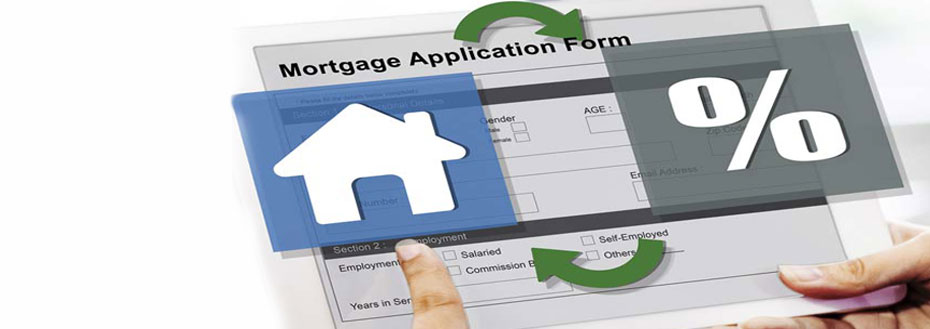HOEPA, also known as the Home Ownership and Equity Protection Act was enacted way back in 1994 in order to combat abusive lending practices in mortgage dealings across USA. HOEPA provides borrowers added protection for mortgages with high annual percentage rates (APRs) or high points and fees (high-cost mortgages).
What HOEPA Brings to the Table?
The Dodd-Frank Act amended HOEPA to enhance its protection and provide home owners with better security. Some of the amendments which make HOEPA relevant in the mortgage lending scene include -
- Loans covered by HOEPA include both open-ended home-secured credit transactions (for e.g. home equity lines of credit) and home-purchase loans, which were previously exempted
- A new threshold was added for high-cost mortgages based on the prepayment penalties
- Existing thresholds based on a loan's rate, points, and fees were lowered so more loans were considered as high-cost mortgages
- Additional restrictions were imposed on high-cost mortgages, including the prohibition of ballooning payments regardless of loan term
Loans Covered Under HOEPA
Some of the loans covered under HOEPA compliance requirements include -
- Housing refinance loans
- Purchase-money house loans/mortgages
- Close-ended home equity loans
- Open-ended credit plans such as HELOCs
At the same time, there are quite a few loans which are exempt from proper HOEPA coverage, including -
- Reverse mortgages
- Mortgages which are secured by second/vacation homes
- Construction loans (only initial constructions of new houses)
- HFA (Housing Finance Agency) financed loans
- Loans belonging to USDA (U.S. Department of Agriculture) rural development program
How to Determine Whether a Loan Belongs to the "High-cost Mortgage" Bracket?
As we have seen previously, only high-cost mortgages belong to HOEPA. At the same time, there is often confusion about which loans are considered high-cost mortgages. In simple terms, a loan is considered high-cost if the transaction's APR (Annual Percentage Rate) exceeds the APOR (Average Prime Offer Rate) on a particular date for comparable transactions which is more than -
- 6.5% points for any first-lien transaction
- 8.5% points for first-lien transactions (<$50,000) and secured by personal items and property such as RVs, houseboats, etc.
- 8.5% points for all junior-lien transactions
In certain cases, a loan can also be considered to be high-cost by calculating the total amount of points and fees paid during the transaction tenure, or also with the help of prepayment penalties.
Disclosure Requirements for HOEPA
According to the HOEPA act, if a loan meets all the above-mentioned criteria, the lender has to provide several disclosures to the borrowers at least 3 days before the loan is closed. The disclosures required for HOEPA include -
- Written/Typewritten notice stating that the loan is not finalized, even though the application is signed. In this way, borrowers get three days to decide whether to finalize the loan agreement or not
- A written/typewritten notice warning the borrower that since the lender has a mortgage on his/her home, they are liable to losing their home unless the payments are made in due time
- The lender must disclose the following properly -
- The APR documentation
- Regular payable amount (including balloon payments)
- Total loan amount
- If a variable loan, then lender must disclose the exact rate and monthly payments
- Maximum monthly payments
Practices Prohibited Under HOEPA
Some of the practices which are prohibited under HOEPA include -
- Mortgage brokers and lenders are prohibited from recommending a default on an existing loan to be once again financed by a high-cost mortgage
- Neither creditors, lenders, servicers, or brokers should charge a fee to modify, renew, defer, amend, or extend a high-cost mortgage
- Late fees cannot go beyond 4% of the past due payments, however large
- Pyramiding/ballooning of late fees is prohibited
- Fees cannot be charged for generating payoff statements, a practice which is banned by law
- Points and fees cannot be financed
- A loan structure which is purposefully structured to circumvent HOEPA is also banned by law
HOEPA Penalties
If a lender does not follow HOEPA regulations, or tries to bypass the rules and regulations by any untoward means, then -
- The borrower can sue the lender for violating HOEPA rules, and recover actual damages, attorney fees and even all court-related costs.
- Borrowers can rescind or cancel their loans as well
Flatworld Solutions: Outstanding HOEPA-compliant Mortgage Services
At FWS, we have more than 22 years of experience in helping lenders optimize their systems, procedures, policies, controls, and training in compliance to HOEPA rules and regulations. We have offered our mortgage support services, including mortgage underwriting services,mortgage loan processing support services, etc. to global clients at cost-effective rates.
Contact us right away and learn how our HOEPA-compliant processes can help you ease your high-mortgage service delivery.
Contact UsOur Customers





Case Studies
-
Flatworld's Automated Solution - MSuite Reduced Loan Closing Time Significantly for a US Client
-
FWS Used its Tool, MSuite, to Enable a Leading Mortgage Company Streamline its Processes
-
FWS Used its Tool, MSuite, to Enable a Leading Mortgage Company Streamline its Processes
-
FWS Automated the Data Indexing and Extraction Process Using its Tool, MSuite, For a Top Mortgage Company
-
Flatworld Automated Underwriting Processes for a Leading US Residential Lender

USA
Flatworld Solutions
116 Village Blvd, Suite 200, Princeton, NJ 08540
PHILIPPINES
Aeon Towers, J.P. Laurel Avenue, Bajada, Davao 8000
KSS Building, Buhangin Road Cor Olive Street, Davao City 8000




